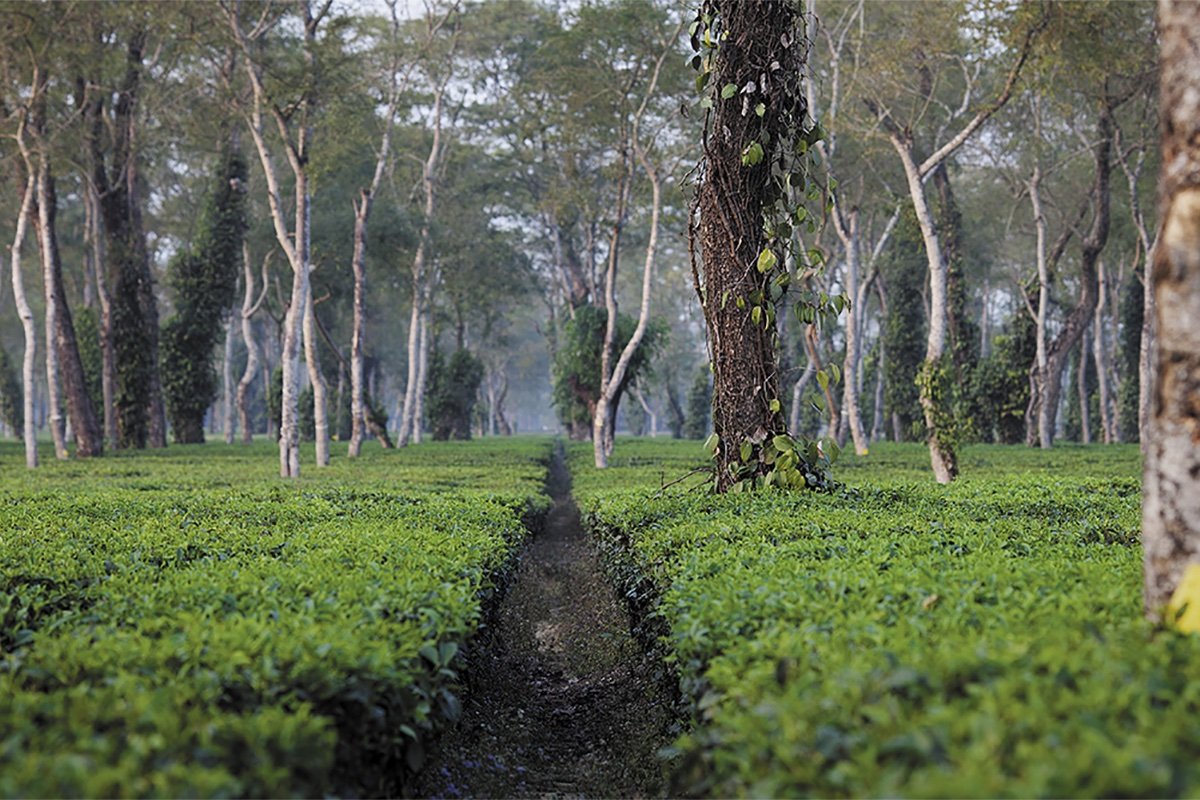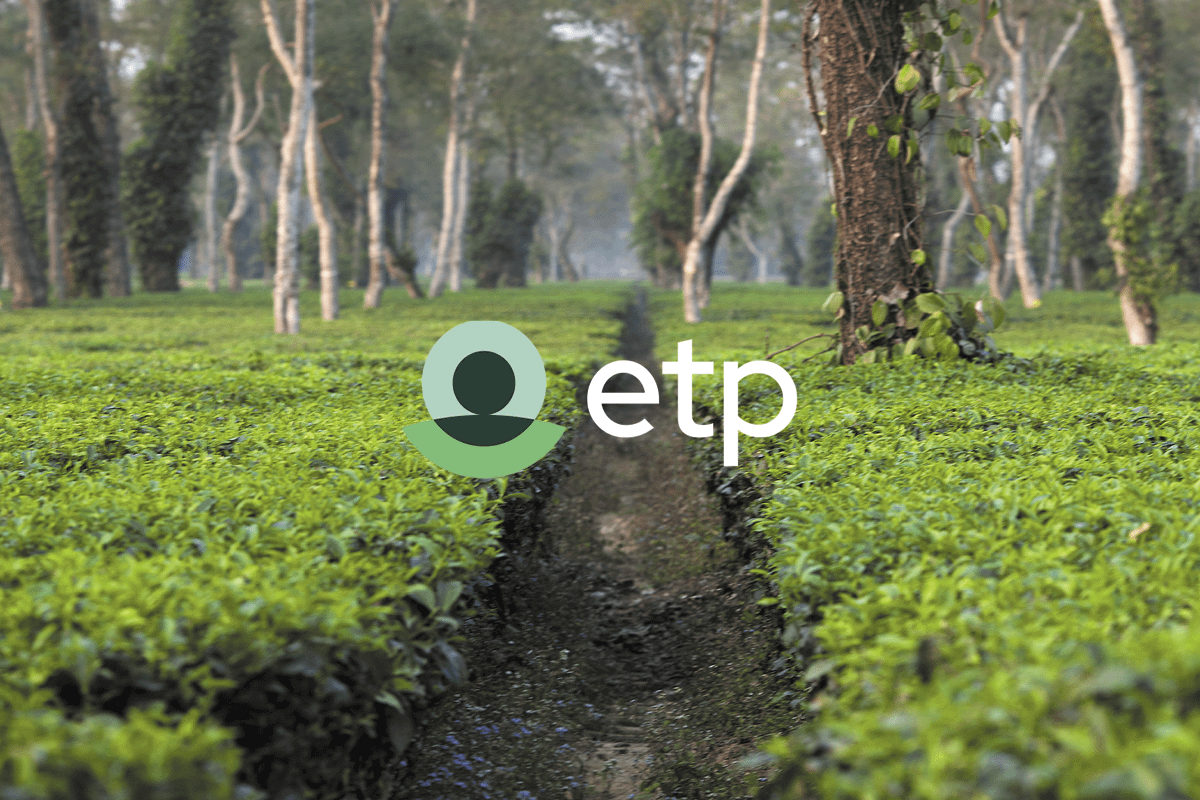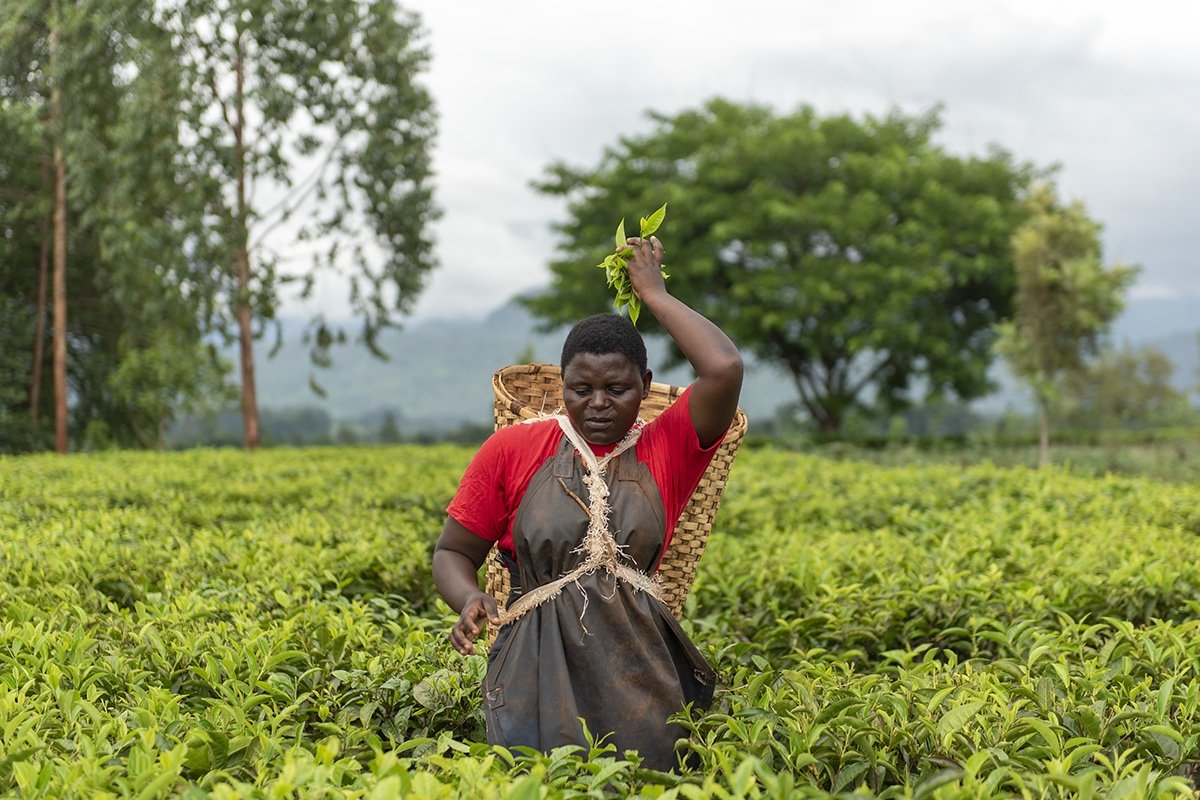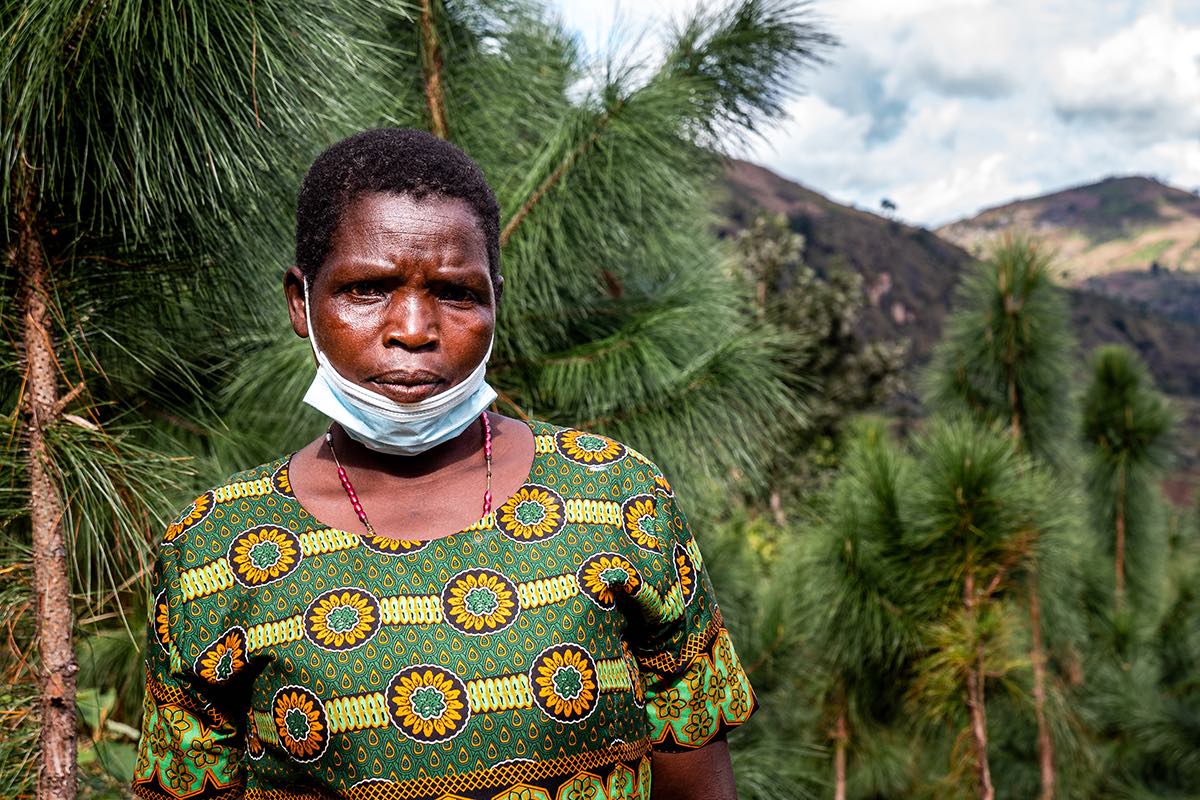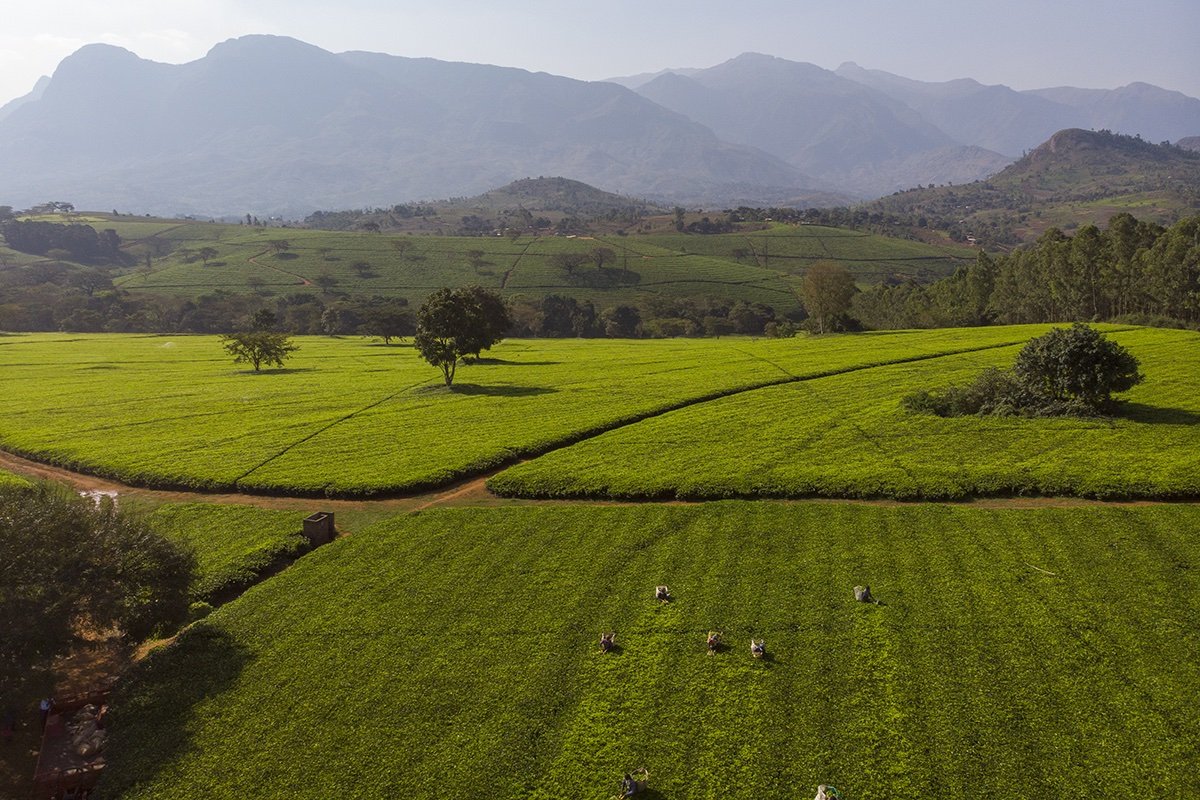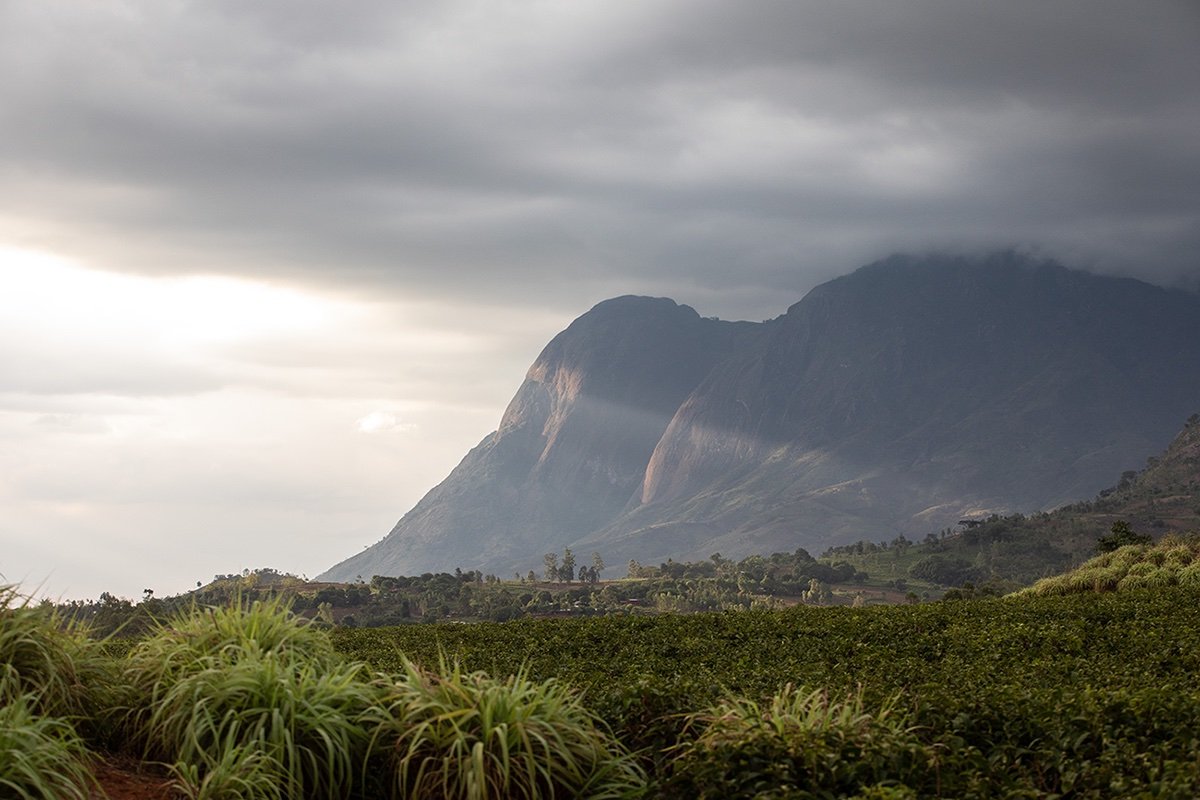This week marks the end of 2022’s United Nations’ Climate Change Conference – COP27, with leaders from across the world coming together to tackle huge climate related issues as well as rising temperatures.
Like so many agricultural commodities, tea both contributes to climate change, and is also vulnerable to its impacts.
In a discussion with the Ethical Tea Partnership’s (ETP) Environmental and Climate Lead, Rachel Cracknell, we reflect on what has changed since last year’s COP26, and what the outcomes from COP27 will mean for the tea industry.
Last year you described COP26 as our “last chance attempt to prevent global catastrophic climate change”. What do you hope is achieved as a result of COP27?
Rachel Cracknell: It is hard to know how it will go. I have my hopes.
One of the things that I feel has changed since COP26 is the increased dialogue between the biodiversity crisis, and the food and energy crisis, and really understanding and talking about the interlinkages between them. That feels very positive.
There needs to be innovation on how to support farmers from a financial perspective. Carbon credits for improved soil management are difficult to pull off, and not yet possible in the smallholder sector. We urgently need new approaches to provide pioneering financial mechanisms to support farmers, especially in Africa and Asia, to transition to farming practises that absorb carbon and increase their resilience to climate change.
I’m not sure what those are, but I hope that the experts at COP27 can work them out! I hope that agriculture remains firmly on the agenda this year, and that real progress is made.
